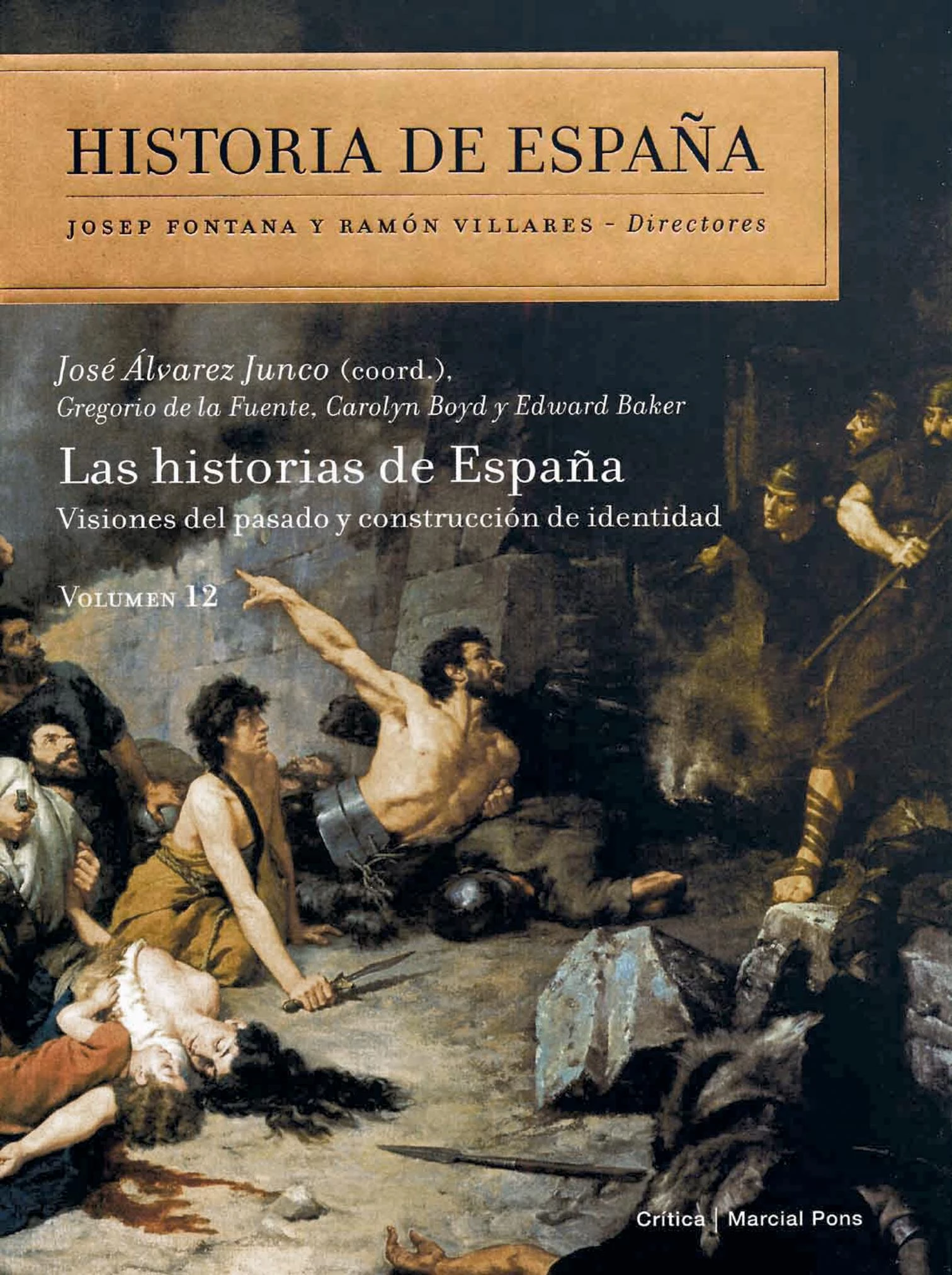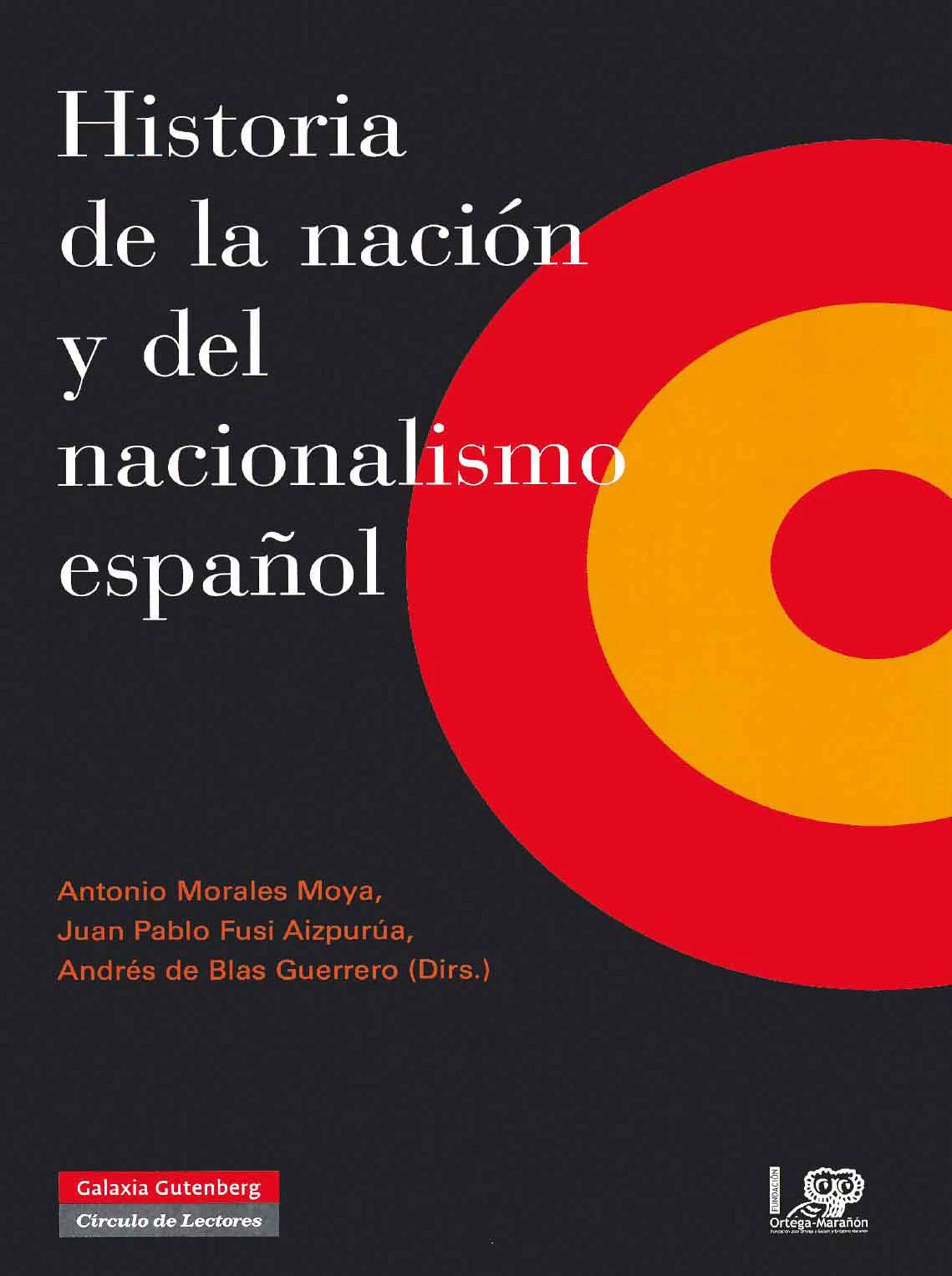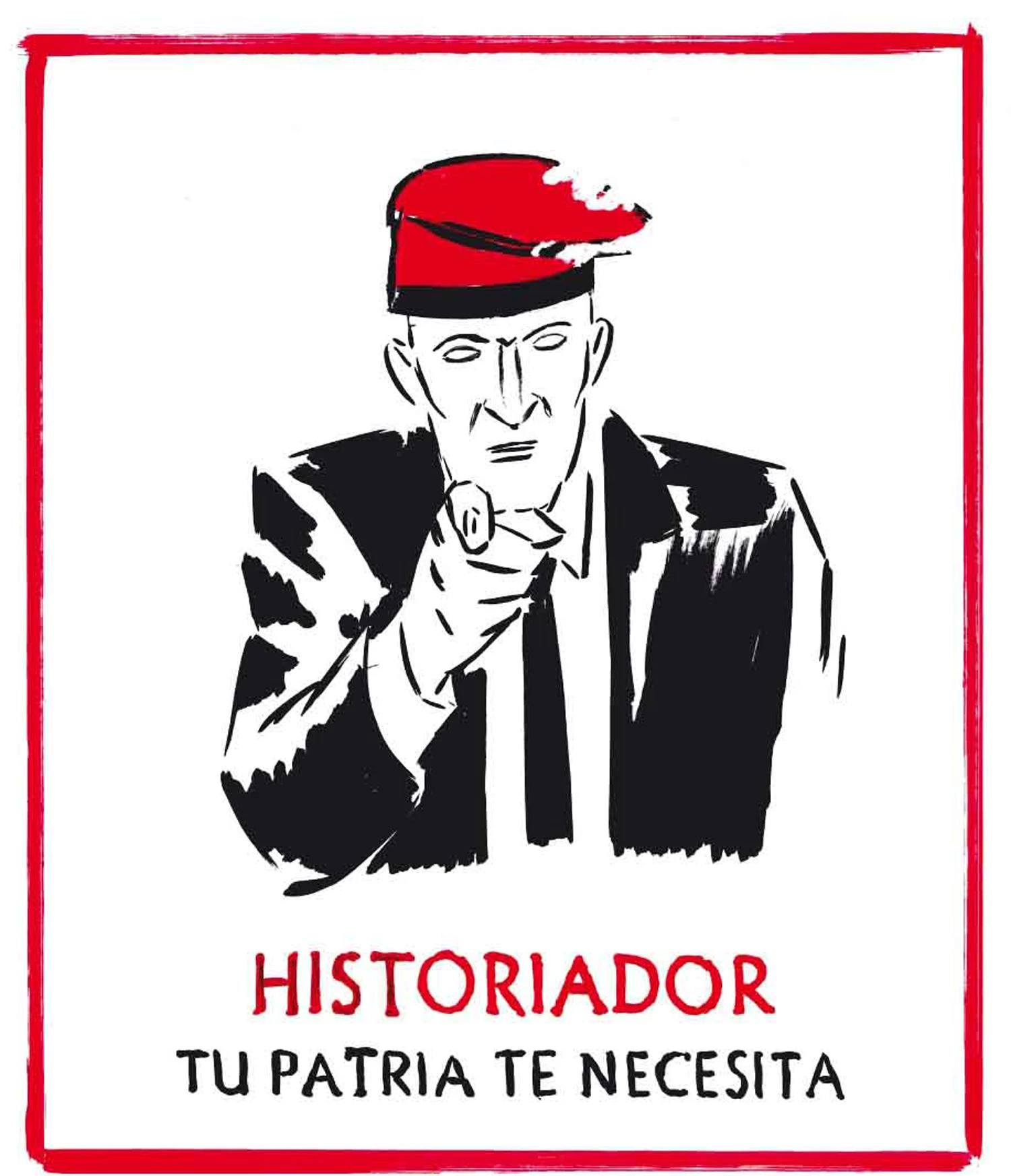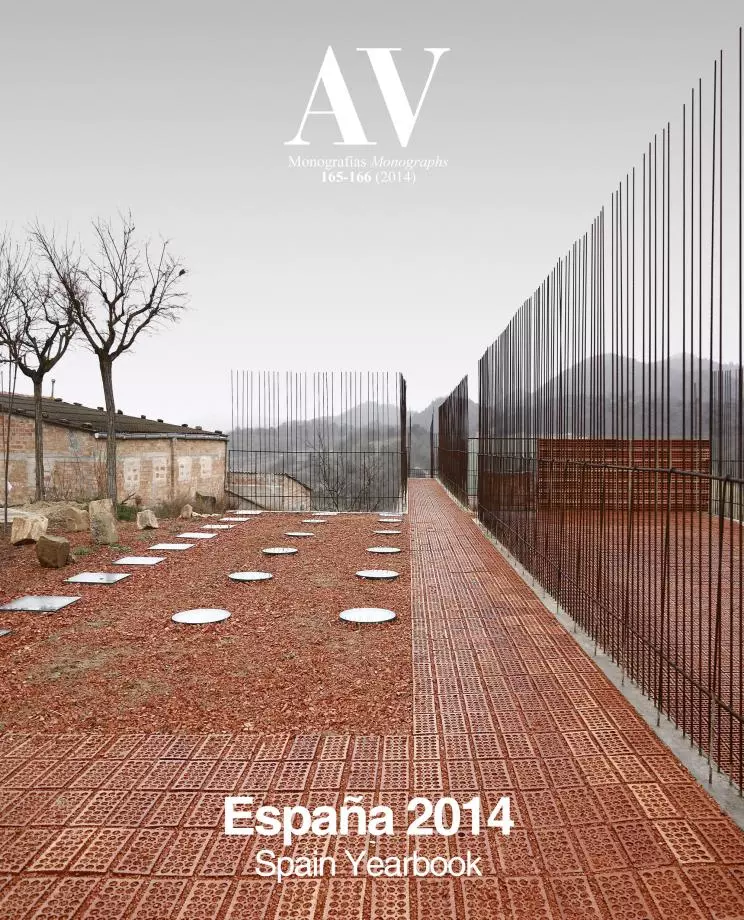National Readings: the History Wars
Autumn.Against the nationalistic manipulation of history, a rigorous and critical examination of our shared past can protect us from illusory unanimities.

For nationalisms, history can be either vitamin or vaccine: vitamin when a mythical past is made up to exalt the excellence of a people, vaccine when the flimsy consistency of these tales is placed under examination. Although we thought that national fervor was over and done with, the homogenizing process of globalization has sparked defensive reactions that have fragmented territories and people. In Spain, the heyday of Basque nationalism was tainted by terrorism, but the recent push of the Catalan independence movement has found massive and peaceful expression by combining cultural and economic demands, though also by creating a climate of patriotic unanimity that makes debate difficult and dissidence dangerous.
Spanish nationalism, for its part, so virulent in other times, is now in hibernation because of its association with the Franco regime, rearing its head only in sports, but the impetus of peripheral identities is threatening to wake it up. In this context of conflict, two recent history books, put together between Madrid and Barcelona, present themselves as timely intellectual vaccines against the pandemic of old and new nationalisms in Spain.
Las historias de España, jointly published by Crítica in Barcelona and Marcial Pons in Madrid, is volume 12 of Historia de España, a series coordinated by Josep Fontana, a Catalan, and Ramón Villares, a Galician. Edited by the Universidad Complutense history professor José Álvarez Junco, who writes the first essay with Gregorio de la Fuente, the book is a “history of the history of Spain,” from early Christian chronicles to Father Mariana, Modesto Lafuente, Ramón Menéndez Pidal, and Vicens Vives; and also discussing native myths, the romantic revival of the local, the contributions of Hispanists, and the identity-searching essays written by exiled scholars such as Américo Castro or Claudio Sánchez Albornoz.

Two recent books on Spanish history question national myths and warn against the partisan use of historical narrative, in tune with the drawing by El Roto, which evokes Lord Kitchener’s 1914 recruitment poster.

Painstakingly objective in an area with jingoist propensities, the book reflects the historiographic renewal that has been taking place in Spain since the 1970s, in the democratic and liberal tradition of Miguel Artola or Manuel Tuñón de Lara, and includes two suggestive studies: one by the University of California professor Carolyn Boyd on school textbooks, and the other by the University of Florida professor Edward Baker on commemorative culture, from Madrid place names to monuments, centenaries, and feasts that express the shared or conflicting values prevailing in contemporary Spain.
Historia de la nación y del nacionalismo español is a work, financed by the Madrid region and published in Barcelona, where some fifty experts from Spanish universities and a few foreign institutions – edited by professors Antonio Morales, Juan Pablo Fusi, and Andrés de Blas – explore with scientific rigor and critical intentions the building of Spain as a nation, from mythical origins to the 20th century, and always in relation to the parallel construction of other peninsular identities, which through the medieval ‘renaissances’ of Romanticism led to today’s nationalisms. Promoted by the Ortega-Marañón Foundation, the book belongs to the tradition of Spanish liberal nationalism that began in the Enlightenment to reach Azaña and Ortega through Larra, Galdós, and the Generation of 98.
More polyphonic than Las historias de España but not unlike it in spirit, the work features contributions by Ricardo García Cárcel on the 16th and 17th centuries, or by José-Carlos Mainer on Spanish fascism and the Republican exodus, and it also deals with monuments and lieux de mémoire, musical identity, and history painting, although it leaves out the search for a national style in architecture that would be so important in world fair pavilions or in the imagery of early Francoism. Aware of the current crisis of Spanish identity and the tensions afflicting the country’s division into autonomous regions, the book ends with “the gaze of the other” and our image abroad, a misty mirror in which to find stimuli against discouragement and perhaps also vaccines against familiar demons.

In The Times Literary Supplement of 15 November, the British historian Felipe Fernández-Armesto deplores what he calls Spain’s ‘history wars’, but maybe no one has described them better than El Roto’s cartoon in El País on 23 November, which, evoking Lord Kitchener’s famous poster to recruit soldiers in 1914, flashes the phrase ‘Historian, your country needs you’. Next year marks a century since the outbreak of that European catastrophe, and historians, who have exhaustively unraveled the causes of that conflict, have a special responsibility to deactivate the national mirages that use contemporary pied pipers of Hamelin to lead all of us to the edge of the abyss.





